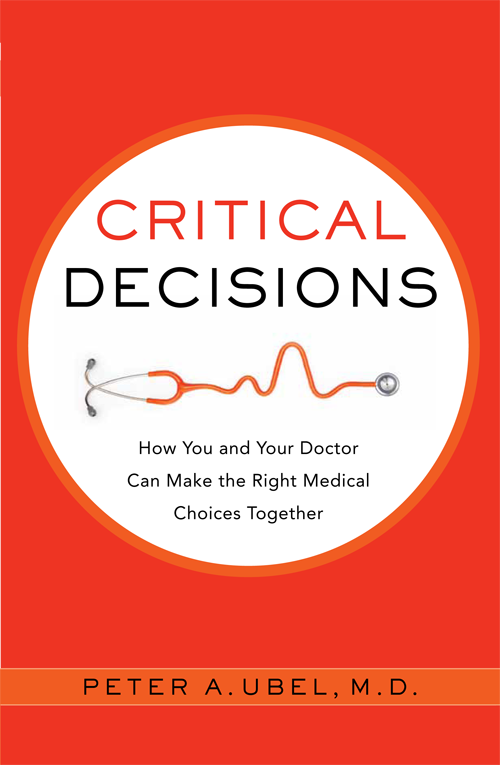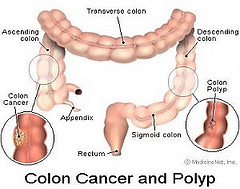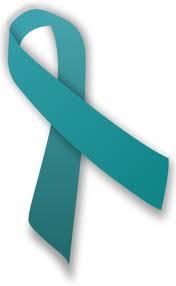![]() It was the late 90s and HIV was spreading through South African teenagers like, well, like a sexually transmitted disease. Sleep with a South African at that time and you faced a one in six chance of having a close encounter with the virus. Frightening odds. But not frightening enough to curb teenage sexual activities.
It was the late 90s and HIV was spreading through South African teenagers like, well, like a sexually transmitted disease. Sleep with a South African at that time and you faced a one in six chance of having a close encounter with the virus. Frightening odds. But not frightening enough to curb teenage sexual activities.
Desperate to turn the tide, public health leaders came up with a new anti-HIV campaign: NASHI, for the National Adolescent Sexual Health Initiative. Personally, I think they should have called it ESTINA for Every South African Teenager is Now Asleep. Because that campaign, like so many public health campaigns, was doomed to fail. It was all information, and no persuasion. All lecture, no fun… (Read more and view comments at Forbes)
How Hospitals Get Away with Billing Medicare for Preventable Complications
 The idea seems so simple:
The idea seems so simple:
- (A) When hospitals leave catheters in people’s bladders for too long, people get urinary infections.
- (B) Third party payers like Medicare and insurance companies are then billed for the cost of treating these infections.
- (C) If Medicare refuses to pay for these treatments, and force hospitals to bear the cost of their substandard care, then either:
- Hospitals will improve the quality of their care or
- Medicare spending will go down, because it won’t be forced to pay for hospitals’ mistakes.
This simple idea has been out there in one form or another for a little while now. And I’m sorry to say that, at least so far, it seems to have failed miserably. But in this failure are some important lessons for just how difficult it is to design health care reimbursement systems that incentivize hospitals… (Read more and view comments at Forbes)
ACA Boosts Shared Decision Making
 Medicine, today, is supposed to be “patient-centered.”
Medicine, today, is supposed to be “patient-centered.”
But sometimes the patients feel a little off balance.
What can they do when everyone seems to be trying to push aggressive, expensive treatments on them? One solution — or a partial solution — is known as shared decision making, in which patients are given specific tools, such as easy-to-understand videos laying out the pros and cons of treatment choices, to help them make decisions along with their doctors.
The idea has been around for several years and is now getting a boost from a few state legislatures and the federal health care reform law. At least three multimillion-dollar grants have been awarded through the Center for Medicare & Medicaid Innovation, which was created by the health care law, to test and expand shared decision-making models… (Read more and view comments at Politico)
Physicians and Patients Make Best Decisions Together
 Imagine yourself in this patient’s situation. You have just found out you have cancer, and the next phrase out of your doctor’s mouth is “You’re going to die with this cancer rather than of this cancer.” Which word do you think will jump out of that sentence? “With”? “Of”?
Imagine yourself in this patient’s situation. You have just found out you have cancer, and the next phrase out of your doctor’s mouth is “You’re going to die with this cancer rather than of this cancer.” Which word do you think will jump out of that sentence? “With”? “Of”?
My money is on “die.” – Modified from Critical Decisions, pg. 99
In Critical Decisions, Peter Ubel describes a common situation of a urologist explaining a prostate cancer diagnosis to a patient. In this exam room, the physician and the patient are on two different wavelengths. The doctor is trying to assuage the fears of the patient but is emphasizing technical details about the patient’s condition without first relating to the patient’s emotional shock from hearing a cancer diagnosis. Ubel suggests even a small acknowledgement of the patient’s emotional state could improve the situation. For instance, saying “I know it feels awful to be told you have cancer, but you should know that your cancer is curable. We can treat this.” (Critical Decisions, pg. 100)… (Read more and view comments at Duke Research Blog)
Me, the Writer's Manual?
 Here is a link to my guest spot on You, The Owner’s Manual radio show, hosted by New York Times best-selling author Dr. Michael Roizen. It is a lively interview, worth listening to if for no other reason than Roizen’s great taste in writing: “I really enjoyed the book,” he said to me at one point “…where did you learn to be such a great writer?” Very nice to get such feedback. He added on later: “It’s a book for everyone’s bathroom shelf, if not the plane or any place else. It’s a wonderful book.” It is this kind of praise that keeps me motivated. Really gratifying to hear people’s enthusiastic reaction to Critical Decisions!
Here is a link to my guest spot on You, The Owner’s Manual radio show, hosted by New York Times best-selling author Dr. Michael Roizen. It is a lively interview, worth listening to if for no other reason than Roizen’s great taste in writing: “I really enjoyed the book,” he said to me at one point “…where did you learn to be such a great writer?” Very nice to get such feedback. He added on later: “It’s a book for everyone’s bathroom shelf, if not the plane or any place else. It’s a wonderful book.” It is this kind of praise that keeps me motivated. Really gratifying to hear people’s enthusiastic reaction to Critical Decisions!
Does Obamacare Interfere with the Doctor Patient Relationship?
 Q: Much of the debate around health care reform has centered on whether the government or the individual will control health care decisions. Is that a valid argument?
Q: Much of the debate around health care reform has centered on whether the government or the individual will control health care decisions. Is that a valid argument?
Most medical decisions are between clinicians and their patients, and will continue to be that way as the federal health reform law is implemented. Medicare bureaucrats aren’t going to decide who should take insulin shots. That will still be something for individual doctors and patients to determine together. Mainly, this fuss about the government taking over medical decision-making comes down to partisan fear-mongering. Few things are more politically powerful than scaring voters.
Q: Is health care reform likely to change the way doctors treat their patients?
I am not suggesting that doctors and their patients will have unrestricted abilities to decide whatever they want together. That hasn’t been true in medical care for quite some time now. At least since the growth of managed care in the 1990s… (Read more and view comments at News&Observer)
Video Introduction to Critical Decisions
Here is my latest Critical Decisions video. This one gives a broad introduction to the reasons I wrote the book.
Why It's a Mistake for Doctors to be Color Blind
 The role of race in college and graduate school admissions remains controversial in the U.S. In fact, the Supreme Court is currently taking up a challenge to a University of Texas program that considers race in its admission decisions. Critics of race-based admissions question whether educational institutions would serve the goals of affirmative action better by relying exclusively on non-race based criteria… (Read more and view comments at Forbes)
The role of race in college and graduate school admissions remains controversial in the U.S. In fact, the Supreme Court is currently taking up a challenge to a University of Texas program that considers race in its admission decisions. Critics of race-based admissions question whether educational institutions would serve the goals of affirmative action better by relying exclusively on non-race based criteria… (Read more and view comments at Forbes)
Reason #73 That No One Wants a Colonoscopy
 Imagine you are 17 years old again and applying to college. You have your heart set on Stanford, but know it’s a long shot. Your well-meaning aunt, aware of your interest in that fine Palo Alto institution, buys you a Stanford sweatshirt.
Imagine you are 17 years old again and applying to college. You have your heart set on Stanford, but know it’s a long shot. Your well-meaning aunt, aware of your interest in that fine Palo Alto institution, buys you a Stanford sweatshirt.
Would you wear it before you found out whether you had been accepted? … (Read more and view comments at Forbes)
Why No Uproar Over Ovarian Cancer Screening Guidelines?
 In September the United States Preventive Services Taskforce, a panel of medical experts, concluded that tests to screen for ovarian cancer do more harm than good. As a result, insurers will not be required by federal law to pay for such tests.
In September the United States Preventive Services Taskforce, a panel of medical experts, concluded that tests to screen for ovarian cancer do more harm than good. As a result, insurers will not be required by federal law to pay for such tests.
And the announcement was met with near silence.
Why was this recommendation greeted with such malaise when the same panel’s… (Read more and view comments at Forbes)
